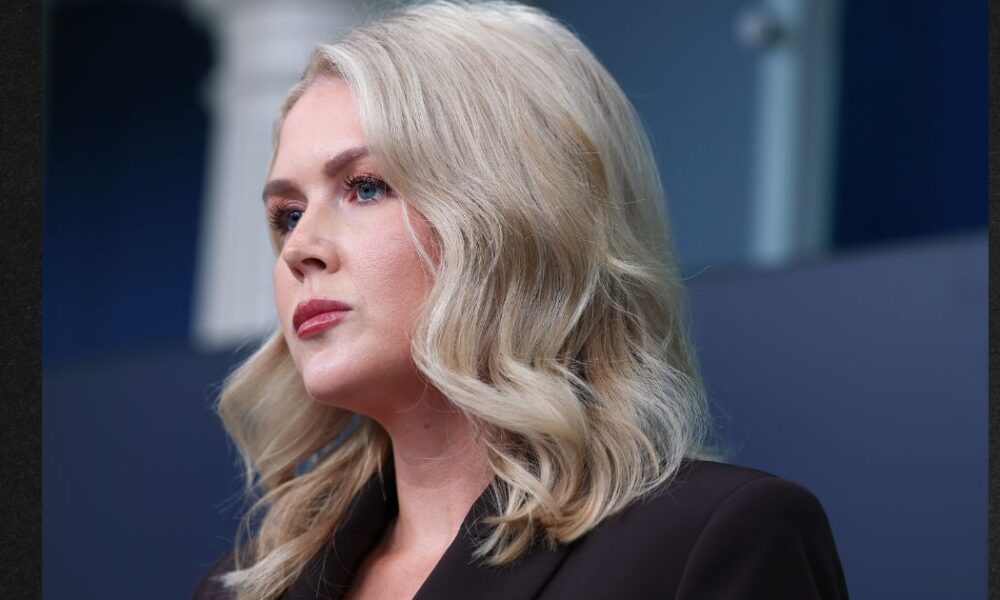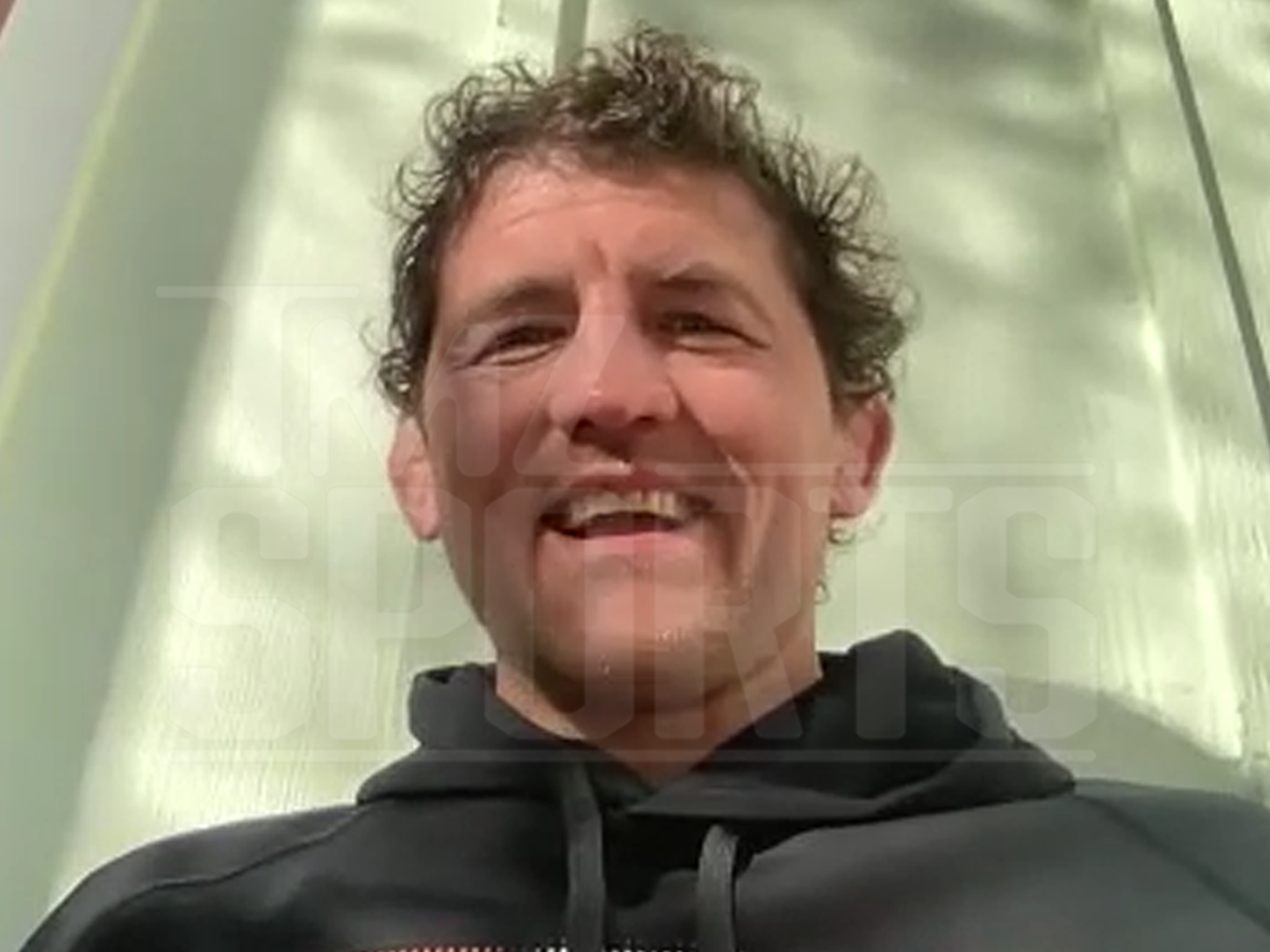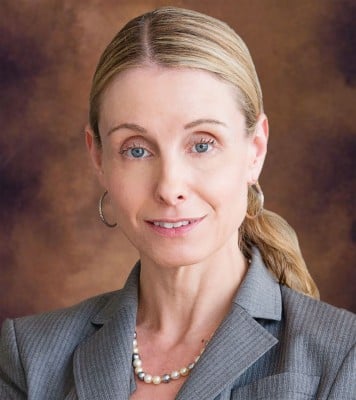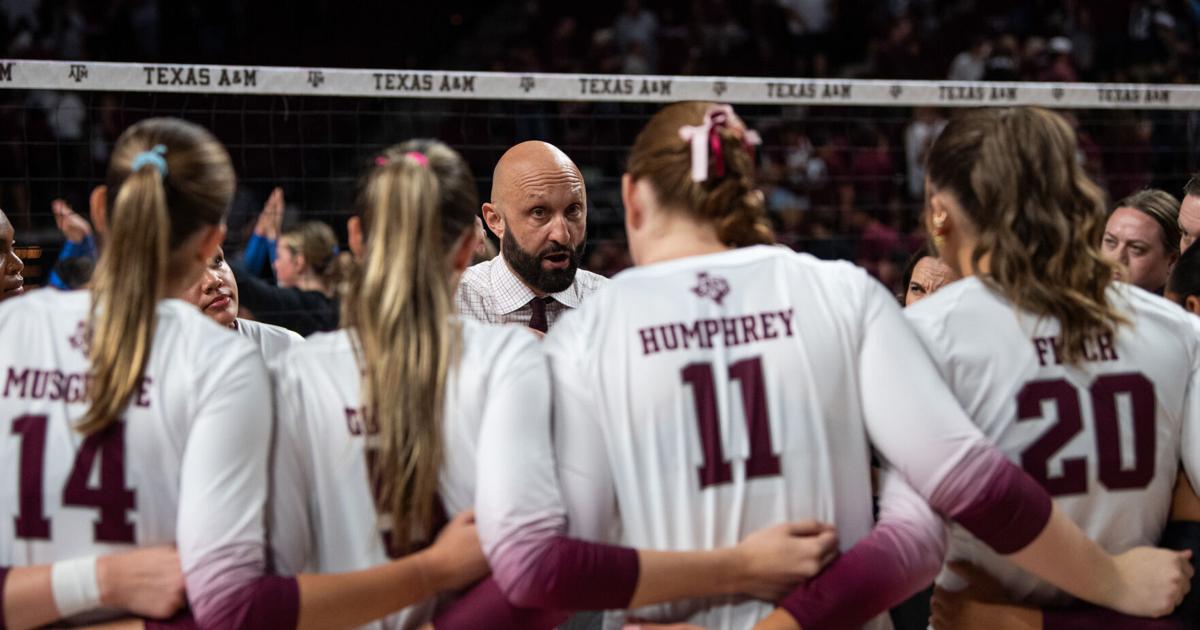UPDATE: White House Press Secretary Karoline Leavitt has ignited controversy after a heated exchange with S.V. Dáte of the Huffington Post. In a post on social media platform X earlier today, Leavitt labeled Dáte a “far left hack” following persistent questioning about President Donald Trump’s awareness of the upcoming meeting site with Russian President Vladimir Putin in Budapest.
This confrontation comes on the heels of a national discussion sparked by the assassination of conservative icon Charlie Kirk last month, prompting many in Trump’s circle to express frustration over biased media treatment. Leavitt’s bold dismissal of Dáte’s inquiries showcases a growing discontent among Trump administration officials with what they perceive as partisan journalism.
In the exchange, Dáte questioned if President Trump recognized the significance of Budapest, referencing the 1994 agreement that promised Russia would not invade Ukraine in exchange for Ukraine giving up its nuclear weapons. “Your mom did,” Leavitt retorted humorously when asked who suggested the meeting site, escalating the tension.
Leavitt’s response to Dáte was sharp: “You are a far left hack who nobody takes seriously.” She criticized Dáte for bombarding her with what she described as “disingenuous, biased, and bulls*** questions.” In her accompanying post, she emphasized, “Activists who masquerade as real reporters do a disservice to the profession.”
This exchange highlights a larger narrative around media bias, especially against Trump and his administration. Leavitt’s comments resonate with many supporters of the Make America Great Again movement, who feel that mainstream media often misrepresents their views. The incident underscores a growing divide in political discourse, with Trump’s team pushing back against what they see as an establishment media agenda.
As the political landscape evolves, the reactions from Trump’s administration are likely to shape how future interactions with the press unfold. This incident not only reflects Leavitt’s approach but may also signal a shift in strategy for Trump’s team, as they become increasingly vocal against perceived media biases.
What happens next? Observers will be watching how this confrontation impacts future media relations for the Trump administration and if it emboldens other officials to adopt a similar stance against critical journalists.
Stay tuned for more updates on this developing story as it unfolds. Will this exchange influence the dynamics between the Trump administration and the media moving forward? Only time will tell.







